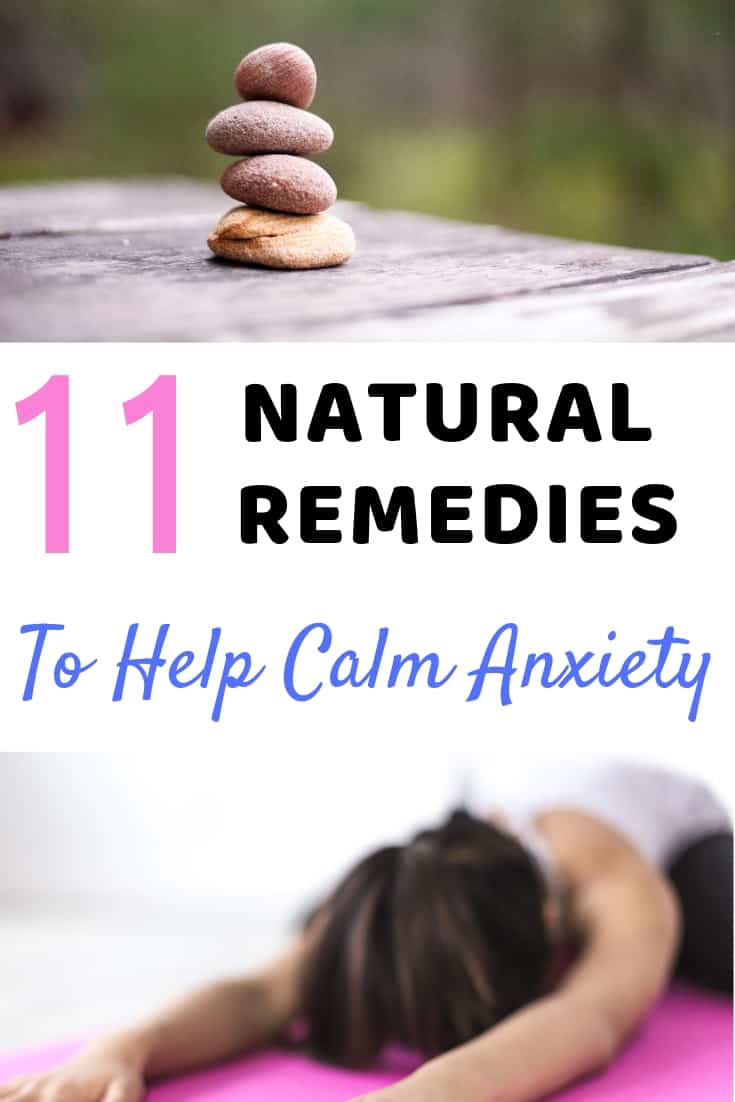

Anxiety. That dreaded word. It’s all too prevalent in our world today. With work deadlines, raising kids, making financial ends meet and so on and so on…
When suffering with anxiety you can feel completely out of control. Kind of like being in a high speed car about to have a head on collision and you can’t do anything about it.
Worse still, anxiety is often accompanied with stress, depression and panic attacks!
No fun.
So what can you do? Can you treat anxiety naturally?
You can!
Light Exercise or Yoga
I know, I know… remedies for anxiety imply something you ingest or inhale. And we’ll get to those, I promise! But often a little tweak in our lifestyle can be all that’s needed to help eliminate anxiety.
Light exercise and yoga is one of those tweaks!
When you’re feeling anxious and stressed, the key with exercise is not overdoing it. Pushing yourself too hard can have the opposite effect and actually increase your stress load.
This is why Yoga or any other light anaerobic activity is perfect.
I mention Yoga specifically because it allows you to concentrate on your breathing which also helps to reduce your stress and anxiousness. Plus it helps with your flexibility… an area most of us could use some help in!
All it takes is about 30 minutes a day.
Give it a try!
Get Adequate Sleep

As a father of three, I sort of chuckle at the thought of getting adequate sleep. At the same time, I also know how important it is.
Whenever I become chronically overtired, symptoms of anxiety, depression and the inability to control my emotions begin to surface. Just ask my wife and kids… they’ll confirm it!
And it seems science thinks is true too. There’s evidence that sleep deprivation can have profound effects on mood, specifically anxiety and depression.
Even still, believe me, I know it’s not always easy to put focus on sleep. But your health depends on it. So here’s a few actionable tidbits that may help.
Avoid Caffeine

If you can. If you can’t, like me, just try and drink it earlier in the day. Every person is a little different so it may take some experimentation on your part. As a general rule though, try to limit anything caffeinated (coffee, tea, chocolate) after 12 noon.
Set A Sleep Schedule
This makes so much more sense to me as a parent. My children are on a consistent sleep schedule. Every. Single. Night. They generally wake up at the same time in the morning too. The consistency helps their overall mood.
We’re no different really.
Our minds and bodies prefer routine and consistency.
Try to establish an optimal sleep time and stick with it. Wake up at the same time too (even on weekends) and pretty soon you’ll find yourself naturally waking up at that same time without an alarm and feeling refreshed.
Minimize Screen Time
This one was tough for me because I am a bit of an electronics junkie.
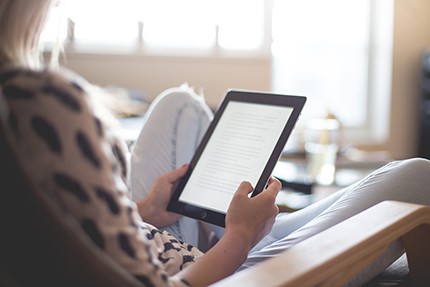
But it’s suggested that blue light emitted from monitors, phones and tablets can drastically suppress the body’s ability to produce melatonin, the hormone responsible for easing us into sleep.
That’s horrible news!
Experts recommend avoid using any blue light emitting electronics at least 2 to 3 hours before bed.
However, if you struggle putting down the mobile or turning off the TV, then consider using a blue light filter to reduce the effects.
Read To Clear Your Mind
Instead of burying your face in electronics, pick up an old fashioned book to read before bedtime. The act of reading allows our mind to focus on one thing – the story. It’s calming and helps us get into a state of relaxation which is perfect just before we fall asleep.
In fact, a 2009 study at the University of Sussex found that reading for just 6 minutes a day can bring stress levels down by a whopping 60%!
Journaling
Journaling is the written action of putting your thoughts on paper. Because anxiety begins in the mind, journaling may help to identify what’s bothering you and your accompanying emotions. And the process of putting those thoughts on paper may help to release you from bothersome stress.
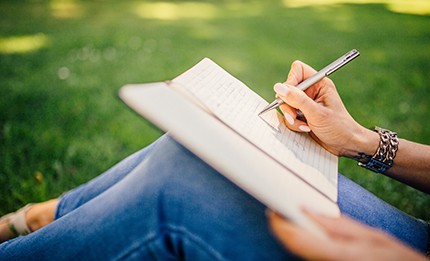
You don’t need a fancy diary. Any piece of paper or notebook will do. Nor do you need a lot of time. Fifteen to twenty minutes a day is plenty.
Every morning when you rise, I suggest you set a timer for fifteen or twenty minutes, then take a pencil and some paper paper and simply write. Don’t think about it. Don’t edit. Just keep going, putting anything that comes into your mind down on that paper… until that timer ends.
Don’t read it afterwards. Put it away and start your day.
A few weeks of consistently doing this and you may notice yourself becoming more capable at handling stress and anxious situations.
Take Turmeric
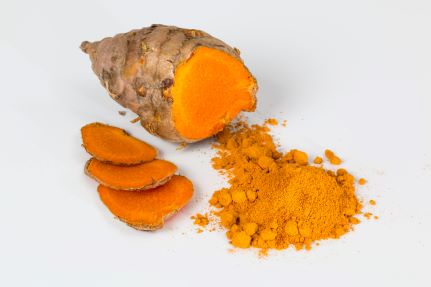
Over the last few years, turmeric and curcumin have begun to shine in the limelight of natural health.
For good reason too!
The health benefits of turmeric and curcumin are plentiful! From acute and chronic pain, acne to Alzheimer’s. And yes – studies have even linked it to reduced anxiety and depression!
A powerhouse of a supplement!
Magnesium
Magnesium is the 4th most abundant mineral in the human body, only behind calcium, potassium and sodium. It’s an incredible mineral that’s used in over 300 reactions in the human body.
It also helps to improve GABA (a neurotransmitter that reduces neural excitability and encourages relaxation), and alleviates various symptoms of mild depression.
How Much Should You Take?
As a general rule, anyone over the age of 14 and beyond should get 300-400mg a day (with slight variations depending on age) from food and supplementation. For a more precise, age based chart, please check here.
Keep in mind that number is just the general RDA. For those suffering with anxiety, a higher supplemental dose may be warranted.
I’ve personally taken up to 600mg daily of Magnesium Glycinate (a higher bio-available form) with no adverse reactions. Everyone is different so experiment and always listen to your body.
Ashgawandha
This Indian, Ayurvedic herb has been used medicinally for ages.
While Ashwagandha has a long tenure of being used for a multitude of purposes, its most famous is its claimed ability to restore a sense of stability and overall state of wellbeing.
This study found that Ashwagandha had a direct, positive impact on stress and anxiety.
While this study found that a high concentration of Ashwagandha safely and effectively improves one’s ability to handle stress which in turn improves their overall quality of life.
How Much Should You Take?
Some resources suggest taking between 500-600mg everyday for 6-12 weeks. However, the participants in the 2nd study referenced above took 300mg daily.
As is usually the case, self experimentation (starting on the lower end of the spectrum) is probably a safe bet until a comfortable level is found that works for you.
B Vitamins
There are 8 necessary nutrients, or B Vitamins that make up the B Complex.
They are B1 (thiamine), B2 (riboflavin), B3 (niacin), B5 (pantothenic acid), B6 (pyridoxine), B7 (biotin), B9 (folate) and B12 (cobalamin).
B Vitamins are most commonly known to give us energy and help us to ward off fatigue. But there is also evidence that they also help reduce stress and improve mental functioning and health.
And this study with 60 adults found marked improvement with anxiety and depression while on a B Complex as opposed to a placebo.
If you are a coffee drinker or have low levels of energy and experience anxiety, you should try taking a high quality B Complex.
Lavender Essential Oil
I just love lavender essential oil! Its smell is so grounding and relaxing. Many times my wife and I have experienced burns and had lavender oil come to the rescue. It is uncanny how quickly it can soothe burning skin
At the same, lavender oil can also calm an anxious mind.
A couple of drops rubbed in the soles of your feet should do the trick. Or you can purchase a diffuser and enjoy its relaxing scent aromatically.
My wife Raina has even used a necklace which can hold the aroma – for easy access anytime you need to settle overactive emotions.
I wouldn’t recommend you go cheap on essential oils. The higher the purity, the more potent and the less you’ll need. This is the kind we use.
Maca
Maca, also known as Peruvian Ginseng, is a root that grows in high altitudes of the Andes mountains of Peru.
Maca has been touted as being beneficial for male libido, infertility, better memory, increased focus, elevated energy levels, hormone balancing and much more.
So can it help with anxiety and stress?
Yes it can!
Because maca is an adaptogenic substance, it works with your body to minimize stress while balancing hormones and helping your body to return to a state of normal or homeostasis.
This study also linked maca to uplifted moods and decreased symptoms of depression.
To help reduce symptoms of anxiety, try taking 1 to 1.5 tablespoons of ground maca root per day. But don’t expect immediate results as it takes time for maca to build up in your system. Patience and consistency is key.
L-Theanine
L-Theanine is an amino acid that is present in green and black tea leaves. A single cup of black tea has around 25mg of l-theanine while green tea is considerably lower at 7-8mg.
Interestingly, l-theanine has a calming effect on our moods by boosting the neurotransmitters GABA, serotonin and dopamine in the brain.
Because these neurotransmitters are responsible for our mood, ability to concentrate and emotional regulation, an elevation of them can help with overall relaxation, calmness and ability to get deep, restful sleep. All paramount to reducing anxiety and stress.
L-theanine also reduces excitatory chemicals such as glutamate and acetylcholine which have been linked to anxiety and stress.
I’m a big fan of l-theanine chewable tablets. If you hold them between your gum line and lip while they dissolve, you’ll get a quick, immediate sense of relaxation. And if you’re feeling particularly stressed, you can take up to 300mg at one time.
GABA
Gamma-aminobutyric acid or GABA for short, is an amino-acid neurotransmitter responsible for inhibiting activity in the brain that can lead to anxiety.
In normal brain function GABA (inhibitory) and glutamate (excitatory) create a balance for healthy function. In the case of anxiety, there is a temporary (acute) or a long term (chronic) imbalance.
Some believe that taking a GABA supplement may help to reduce anxiety. There is no shortage of personal stories about the validity of this; however, the scientific research around a GABA supplement is lacking.
But, there is promise mentioned in this study about combining a GABA supplement with L-Arginine. It was found that this combination increased the GABA in rodent brains by over 380%!
BONUS – Chamomile Tea
Okay, so this is technically number 12… but I’d also like to touch on Chamomile tea. It’s hard to manage stress and anxiety when you can’t sleep and that’s where this tea comes in.
Chamomile tea is naturally caffeine free and an incredible relaxant.
I’ve personally prepared myself a large cup of a chamomile tea and sipped on it while reading a book in bed.
Shortly afterwards my mind felt relaxed and I was prepped for a good nights rest.
Chamomile tea can cause some people to feel a bit drowsy so I would recommend drinking it during the night or when you don’t have the need to drive anywhere.
That’s it! 11 natural remedies that I’ve personally used to calm my anxiety.
I hope you’ve found one or more of these remedies useful. Let me know which ones you use and if I’ve missed a remedy that works especially well for you please let others know in the comments below!
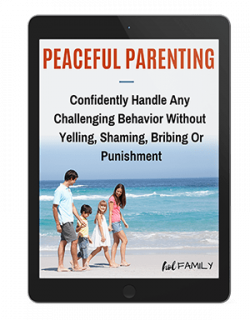







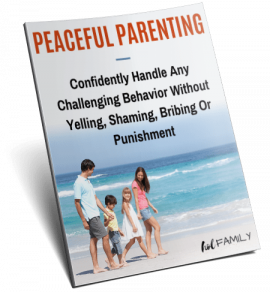
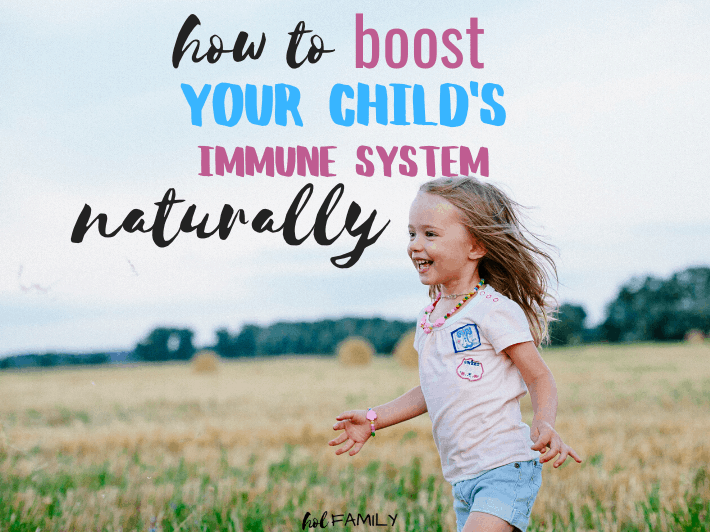

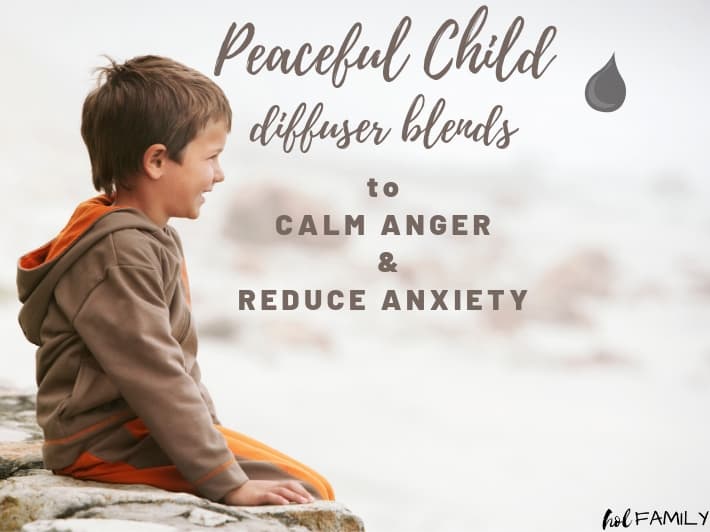
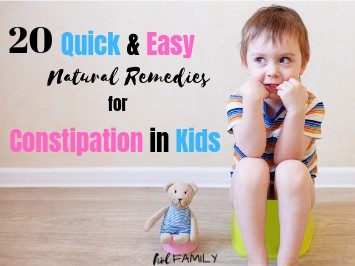


2 thoughts on “11 Natural Remedies To Help Calm Anxiety”
Wonderful Post David – learning from and with you guys has been a highlight in my life. Thank you for always caring. 😇
Janet
You’re welcome! It’s always our pleasure to help in anyway we can. 🙂